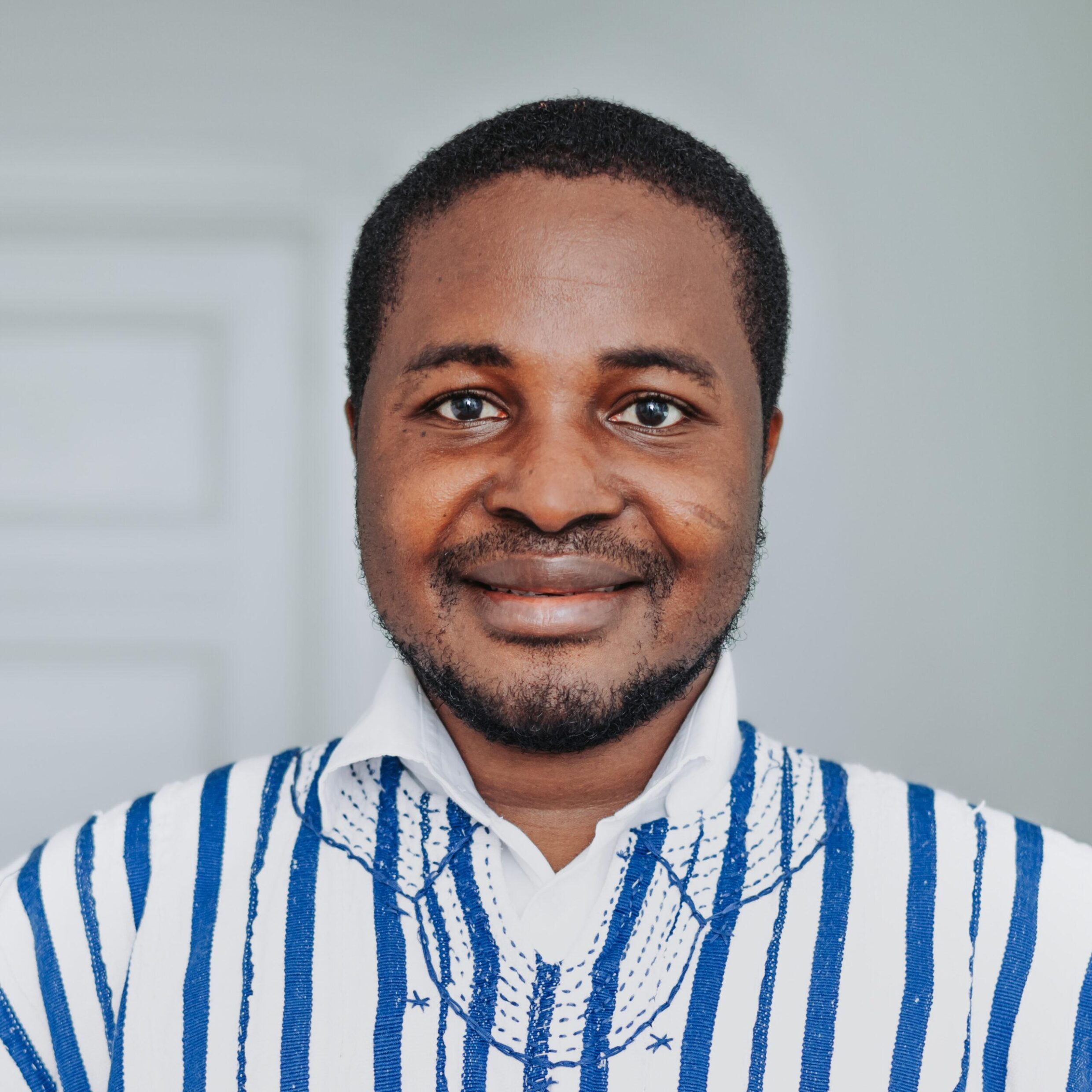Samuel Weniga Anuga

Weaponized Interdependence and Renewable Energy Transitions in Africa-Europe Relations: Impact of the EU Green Deal (with Albert Ahenkan)
Samuel Anuga is conducting a tandem research project with Albert Ahenkan. Their collaborative effort focuses on the implications of the EU Green Deal on Africa-Europe relations in the context of new geopolitical tensions and weaponized interdependence. In response to heightened geopolitical tensions and weaponized interdependence, the significance of renewable energy and green innovations has grown substantially. The EU Green Deal, proposed by the European Commission, serves as an ambitious agenda to transform the EU into a carbon-neutral continent by 2050. It aims to decouple economic growth from resource usage and address uncertainties in global energy development exacerbated by events such as the Russian invasion of Ukraine. The research project acknowledges the historical cooperation between the EU and Africa, emphasizing the need to bridge the existing gap in empirical evidence regarding their collaboration on the Green Deal.
Climate change and environmental degradation pose significant threats to both continents, making international cooperation, climate policy advancements, and regional measures imperative. The demand for greener energy within the EU, marked by the phase-out of fossil fuels and coal, has created a solid foundation for renewable energy investment. Conversely, African countries, despite contributing minimally to global warming, face severe climate change impacts, prompting the African Union's Agenda 2063 to prioritize green technologies and adaptation.
Under the joint project, Samuel will be addressing the key questions: 1. What are the implications of the emergence of new geopolitical tensions on new green energy transitions in Europe-Africa relations? 2. How can Africa avoid being a mere resource supplier or a battery continent and focus on the co-creation and co-ownership of green energy technologies?
Biography
Samuel has a Ph.D. in Environmental Science, specialising in environmental policy and climate modelling. Samuel is presently working as a Research Fellow on Ghana’s transition to Green and Circular Economy: Prospects and Challenges at the University of Ghana. Samuel formerly worked for the German Development Cooperation (GIZ), where he coordinated the implementation of climate change projects in West Africa. From January 2020 to August 2021, Samuel worked as an Alexander von Humboldt Research Scientist at the Institute for Environmental Economics and World Trade (IUW) in Hannover, Germany, where he researched climate vulnerability, health, and environmental policies in the pursuit of the sustainable development goals. Samuel also worked as a Climate Policy Fellow at the European University Institute (EUI) in Italy. Samuel's research at the EUI focused on cross-national political and climate change mitigation policies for achieving low-carbon development goals. Samuel has over 25 peer-reviewed papers in top journals, including major policy briefs featured in the World Policy Forum.
